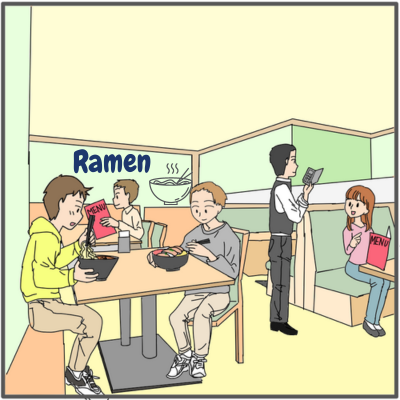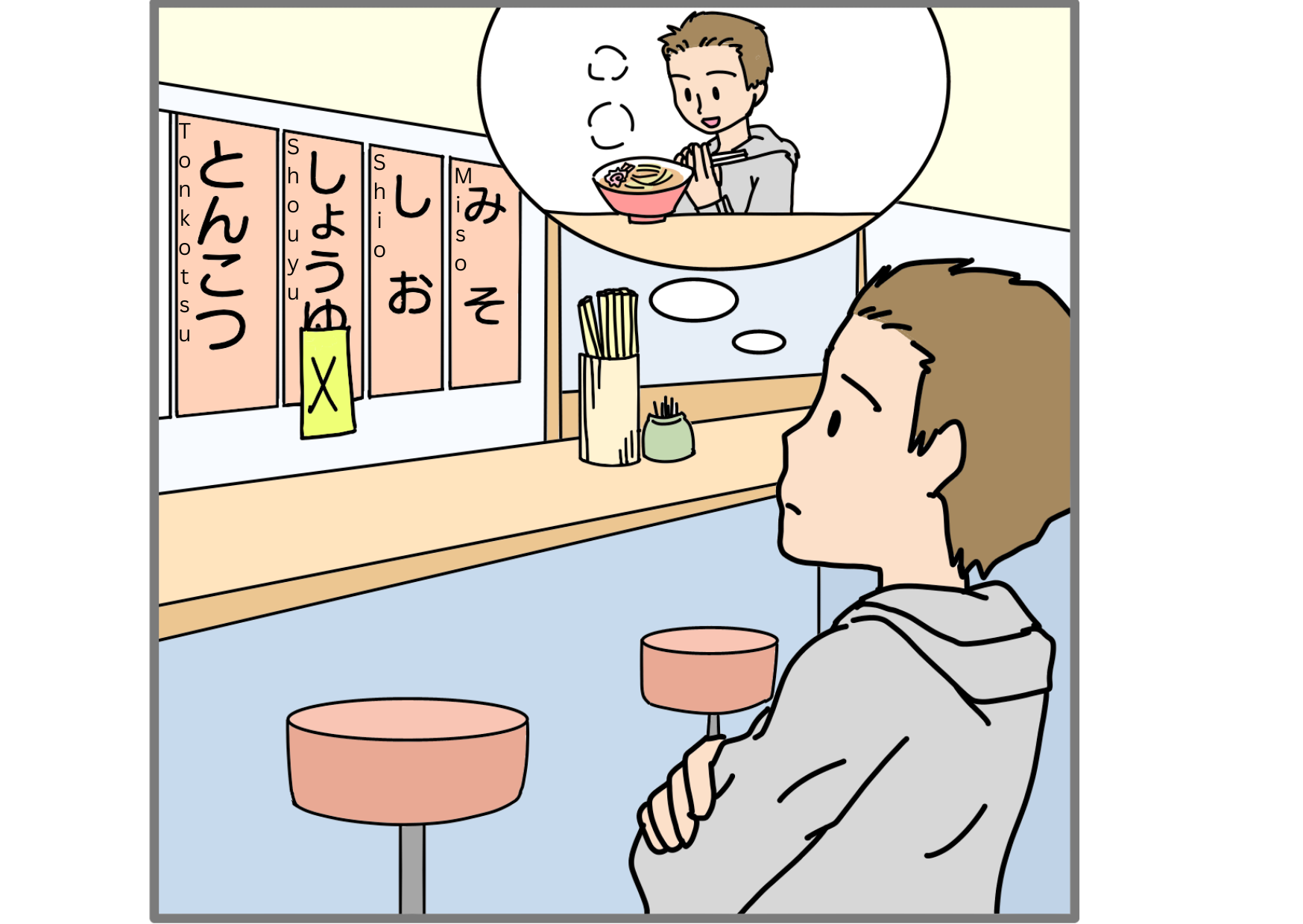PART A_1
Let’s learn new vocabulary. Listen and repeat these words with your tutor.
PART A_2
| 1. It’s been a while. ご無沙汰しております。 | |
| It’s been a while since my last visit to our hometown. | |
| 2. Please be our guest. どうぞご自由に | |
| Please be our guest to the wedding. We’d love to share that special moment with you. | |
| 3. I’d be delighted to… 喜んで~します | |
| I’d be delighted to accompany you to the party. | |
| 4. head over heels 真っ逆さまに、ぞっこんである | |
| I was very attracted to men and fell head over heels many times. | |
| 5. tie the knot 結婚する | |
| They have been together for five years. And now, they have decided to finally tie the knot. | |
PART A_3
Let’s make sentences using the vocabulary we’ve just learned.
PART A_4
| 1. It’s been a while. | |
| Answer: | |
| 2. Please be our guest. | |
| Answer: | |
| 3. I’d be delighted to… | |
| Answer: | |
| 4. head over heels | |
| Answer: | |
| 5. tie the knot | |
| Answer: | |
PART B_1
Let’s read the dialogue. I will play Ron, and you will play Emma. Then, we’ll switch roles.
PART B_2

Emma? Is that you? Long time no see!
|
|
Hey! It’s been a while!
|

I know! How have you been?
|
|
I’m great! How about you?
|

Things are great. Actually, I’m getting married next month.
|
|
Really? Congratulations!
|

Thanks, Emma. Well, I’ve been head over heels for her since we’re in high school. I’m one lucky guy, I guess.
|
|
Indeed, you’re lucky! I’m glad you are finally tying the knot.
|

Yeah, we figured we’re both ready to start a family soon. And oh, please be our guest. Here’s the invitation card, you’ll see the details there.
|
|
I’d be delighted to be there. I still can’t believe it though. But I am so
thrilled to hear this incredible news!
|
PART C_1
Please summarize the conversation using your own words and expressions.
PART C_2
PART D_1
Fill in the blanks and complete the conversation.
PART D_2
| 1. | A: You don’t have to make it so obvious that you are ____________________ for him, you know. B: Wait, what? How did you know? |
| 2. | A: Would you be my date to the ball? B: Yes, I’d be _____________________. |
| 3. | A: So, when are you two ______________? B: We can’t tell for sure. But we’re happy where we are right now. |
| 4. | A: Hi! I thought you’re still in Mexico. B: Oh, hello! It’s ____________ since we last talked. I arrived home a week ago. |
| 5. | A: We’ve been great friends for years. _________________ to the wedding. B: I’m definitely going to be there. Thank you for inviting me. |
PART E_1
Let’s do a roleplay. Talk with me according to the situation below using the expressions you just learned.
PART E_2
You are inviting a childhood friend to your wedding. Share with him/her how you met your future spouse. Moreover, tell them when and where the wedding will take place. Your tutor will pretend to be your childhood friend.
PART E_3
REVIEW AND FEEDBACK
Now, let us review the things that you learned in this lesson.
ではこのレッスンで学んだことを振り返りましょう。
(Please give a short feedback on how your student did on your class.)
| Grammar 文法 |
Pronunciation 発音 | Vocabulary 単語 |
Comprehension 理解 |
|
|---|---|---|---|---|
 GOOD GOOD |
文法の誤りはほとんどなく、完全な文章で話すことができる | ほとんどの単語をはっきりと正しく発音することができる | 習った表現を適切に使うことができる | 文章を理解し、質問に正しく答えることができる |
 FAIR |
文法の誤りはあるが、完全な文章で話すことができる | 発音の練習が必要な言葉がいくつかある | たまにミスはあるが、習った表現を適切に使うことができる | 文章を完全に理解するのは難しく、質問に正しく答えられないときもある |
 POOR |
文章で話すのは難しく、単語だけで話すことができる | 発音の練習が必要である | 習った単語と表現を少しだけ使うことができる | 文章を理解するのは難しく、質問に答えるのは難しい |







